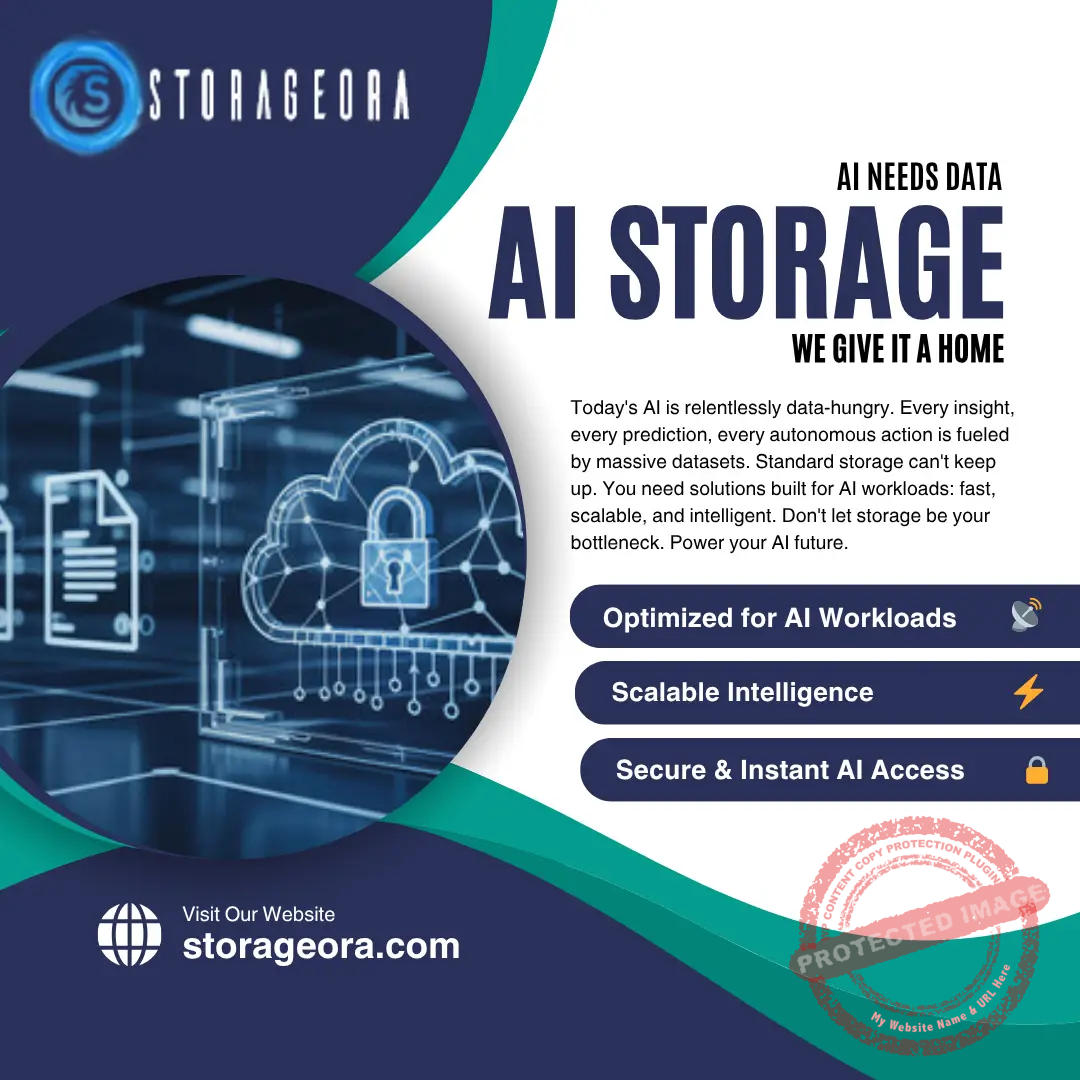First-party data, AI personalization, and E-E-A-T scoring engines are fusing into marketing SEO apps that treat every visitor and every query as a unique path to conversion.
The End of Generic Journeys
As third-party cookies fade and privacy regulations harden, e-commerce marketers have become more reliant on first-party data and consented behavior signals. SEO is no longer just about bringing anonymous visitors to a site; it is about shaping their entire journey across channels based on what the brand already knows about them.
Marketing SEO apps built for 2026 reflect this reality. They ingest browsing history, purchase behavior, loyalty profiles, and email engagement to build rich customer segments. Then they use AI to adapt on-site content, product recommendations, and even search snippets to match the intent and preferences of each segment in real time.
In parallel, research on AI-powered ecommerce indicates that carefully deployed AI-driven personalization can significantly boost conversion rates and reduce acquisition costs. Medium SEO apps are becoming the connective tissue that ensures this personalization is discoverable and trustworthy in search.
Experience-Led Content Engines
To rank in AI-enhanced search results, ecommerce brands must demonstrate real-world experience and authority. Tools that help teams generate content from first-party data are therefore rising fast.
A typical workflow in a modern SEO marketing app might start by clustering search queries by customer type and journey stage. For example, high-intent searchers might be typing “best vegan running shoes for flat feet,” while existing customers might search the brand site for “how to break in vegan soles faster.” The app maps these questions to existing content and highlights gaps.
Generative AI models then draft new guides, FAQ entries, and comparison pages tailored to specific segments, enriched with real customer stories, review snippets, and usage data. Editors refine the copy, ensuring it meets E-E-A-T expectations and accurately reflects product performance. Over time, the app learns which combinations of experience-based content and product detail drive the best engagement.
Technical SEO Automation Meets Personalization
What makes these apps truly powerful is their ability to automate technical SEO tasks in the background while marketers focus on strategy and storytelling. AI-based site auditors continuously scan for broken links, slow-loading pages, missing alt text, and schema gaps, resolving routine issues automatically or creating prioritized task queues.
Industry research emphasizes that technical SEO automation is becoming essential as sites grow more complex and AI-generated content scales. SaaS SEO Agency By embedding these capabilities into marketing SEO apps, ecommerce teams can ensure that personalized experiences still meet performance and crawlability standards.
At the same time, the apps monitor how personalized elements—such as dynamic banners or individualized recommendations—render to both users and search bots. If a particular layout or script blocks critical content from being indexed, the app suggests alternative patterns that preserve personalization without sacrificing visibility.
First-Party Data as an SEO Asset
For years, marketers treated SEO and CRM as separate disciplines. In 2026, that separation is disappearing. First-party data is now considered a core SEO asset because it enables brands to create precise, experience-driven content that answers the real questions customers are asking.
Thought leadership on E-E-A-T highlights original research, testimonials, and user stories as powerful trust signals. Semrush Modern SEO apps tap into support tickets, post-purchase surveys, and community forums to extract anonymized insights. They transform recurring pain points into how-to guides and incorporate real quotes (with permission) into problem-solving content.
These same tools enforce privacy and compliance guardrails, stripping personally identifiable information while preserving the substance of the story. The result is content that feels deeply human without exposing sensitive data.
Measuring Success in an AI-Filtered Landscape
Traditional SEO dashboards focused on impressions, rankings, and clicks. In an AI-filtered landscape, these metrics only tell part of the story. Marketing SEO apps are adding new KPIs:
How often is a brand cited in AI overviews or answer boxes for key queries? How frequently do existing customers return via branded conversational queries? What percentage of zero-click searches still lead to assisted conversions because the brand’s answer was compelling?
Reports on answer engine and voice search trends show that a growing share of consumers interact with brands through intermediated experiences, where the assistant presents a digest of options rather than a list of links. Re:signal SEO apps now track this “AI share of voice” alongside traditional metrics, helping teams understand their real visibility.
Closing Thoughts and Looking Forward
Hyper-personalized SEO is not about stalking customers around the internet. It is about respecting consent, listening to what people actually ask, and using first-party data to create content and experiences that genuinely solve their problems.
In 2026 and beyond, the ecommerce brands that win will be those that treat SEO apps as intelligent partners rather than autopilot. They will combine deep customer understanding with E-E-A-T-driven content, technical excellence, and transparent data practices to build durable visibility across both search engines and AI assistants.
As privacy norms evolve and AI systems gain even greater influence over discovery, expect SEO apps to add advanced consent orchestration, real-time preference centers, and explainable personalization features that build trust into a competitive advantage.
References:
Backlinko, “Google E-E-A-T: How to Create People-First Content (+ Examples),” Backlinko, https://backlinko.com/google-e-e-a-t
Semrush, “Google E-E-A-T: What It Is & How It Affects SEO,” Semrush, https://www.semrush.com/blog/eeat/
Sure Oak, “What Is E-E-A-T and How Does It Impact SEO in 2024?,” Sure Oak, https://sureoak.com/insights/what-is-eeat-seo-impacts
Medium, “AI-Powered Ecommerce Web Design Trends 2026,” Medium, https://medium.com/%40webdesignerindia/ai-powered-ecommerce-web-design-trends-2026-a31b40850515
Nine Peaks Digital, “Ecommerce SEO in 2026: Complete Guide to Strategy & Best Practices,” Nine Peaks, https://ninepeaks.io/ecommerce-seo-in-strategies-trends-and-best-practices
Author and Co-Editor: Claire Gauthier, – eCommerce Technologies, Montreal, Quebec;
Peter Jonathan Wilcheck, Co-Editor, Miami, Florida.
#PersonalizedSEO #FirstPartyData #EcommerceSEOApps #CustomerJourneys #DataDrivenContent #AIPersonalization #EEATContent #CustomerExperience #MarketingAutomation #PrivacyFirstMarketing
Post Disclaimer
The information provided in our posts or blogs are for educational and informative purposes only. We do not guarantee the accuracy, completeness or suitability of the information. We do not provide financial or investment advice. Readers should always seek professional advice before making any financial or investment decisions based on the information provided in our content. We will not be held responsible for any losses, damages or consequences that may arise from relying on the information provided in our content.





 AMD
AMD TMC
TMC IE
IE MSI
MSI NOK
NOK DELL
DELL ECDH26.CME
ECDH26.CME